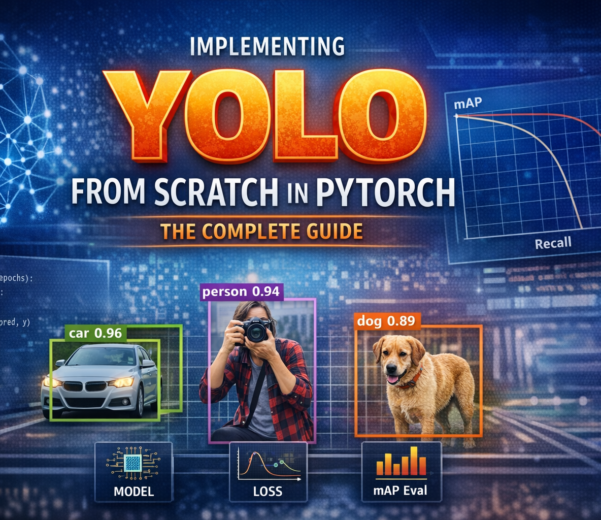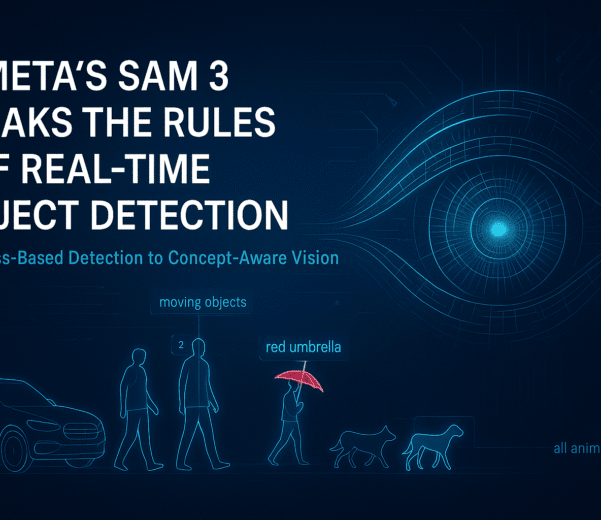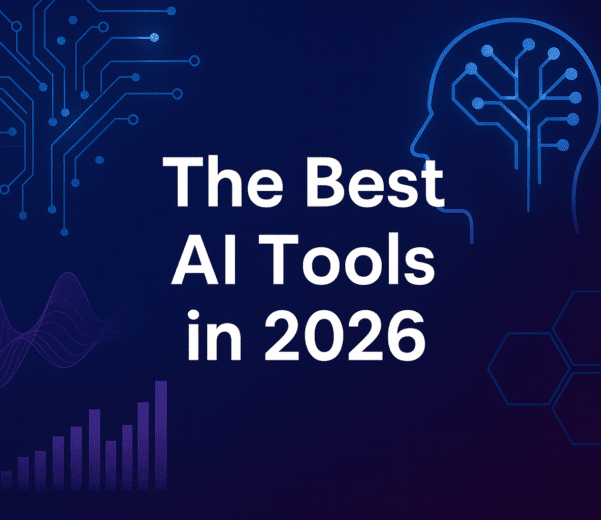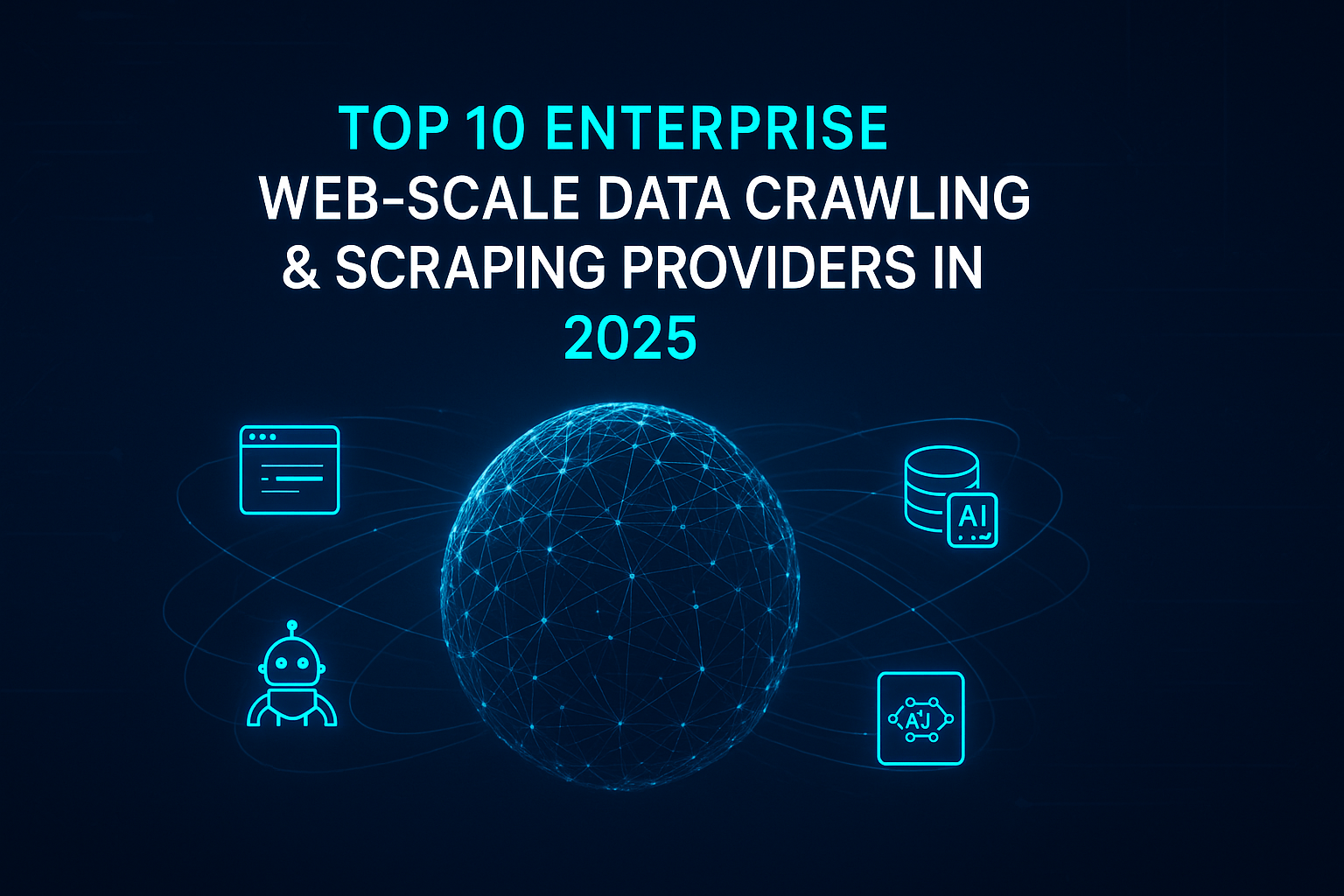Introduction
In an era where data drives decision-making, the healthcare industry has been transformed by medical data collection and analysis. From patient diagnostics to predictive analytics, medical data collection enables healthcare providers and researchers to deliver precision medicine, improve operational efficiency, and drive groundbreaking discoveries. Companies specializing in this field leverage cutting-edge technologies like AI, IoT, and cloud computing to provide scalable, secure, and accurate solutions.
This blog highlights the top 10 medical data collection companies in 2024, showcasing their contributions to healthcare transformation. Whether it’s through wearable devices, electronic health records (EHRs), or AI-driven platforms, these companies are shaping the future of healthcare.
The Importance of Medical Data Collection
Medical data collection encompasses gathering, storing, and analyzing patient and healthcare-related data. This data serves as the backbone of healthcare innovation, enabling:
- Enhanced Diagnostics: Accurate data helps in early detection of diseases.
- Precision Medicine: Tailored treatments based on genetic, environmental, and lifestyle data.
- Improved Operational Efficiency: Streamlining hospital and clinic workflows.
- Epidemiology: Monitoring and responding to disease outbreaks effectively.
- Medical Research: Driving innovations and clinical trials for new treatments.
Effective medical data collection depends on robust systems that ensure data security, privacy, and compliance with regulations like HIPAA and GDPR.
Criteria for Ranking the Top Companies
To determine the top 10 companies, several factors were considered:
- Technological Innovation: Use of AI, IoT, and machine learning.
- Data Security and Compliance: Adherence to global standards.
- Scalability: Ability to handle large datasets.
- Client Portfolio: Partnerships with healthcare institutions and governments.
- Global Reach: Serving diverse geographical regions.
The Top 10 Medical Data Collection Companies in 2024
SO Development
Overview
SO Development is redefining the medical data collection space by leveraging AI-driven platforms tailored for large-scale, high-quality datasets.
Key Contributions
- Customizable solutions for diverse healthcare needs.
- Robust quality assurance for medical annotations.
- Expertise in NLP and large language models.
Why Choose SO Development? Their expertise in crowdsourcing and data annotation ensures accurate and scalable solutions for global healthcare leaders.

IQVIA
Overview
IQVIA stands out as a leader in the healthcare data collection industry. With its advanced analytics and unparalleled access to global medical records, IQVIA facilitates smarter decision-making for clinical trials, patient monitoring, and drug development.
Key Contributions
- Proprietary Real-World Data (RWD) platform.
- Advanced AI tools for healthcare analytics.
- Comprehensive patient-centric solutions.
Why Choose IQVIA? Their integration of healthcare insights with technology enables tailored solutions for the pharmaceutical and biotech industries, making them a top choice for organizations seeking actionable insights.

Flatiron Health
Overview
Flatiron Health revolutionizes oncology by focusing on cancer research and care through its innovative medical data platforms. Its collaboration with healthcare providers has yielded unprecedented insights into cancer treatments.
Key Contributions
- Real-time oncology data for researchers.
- Collaborative ecosystems for patient-centric solutions.
- Data-driven improvements in treatment protocols.
Why Choose Flatiron Health? Their specialization in oncology data makes them a trusted partner for research institutions and pharmaceutical companies targeting cancer solutions.

Medidata
Overview
Medidata leads the charge in clinical trial data management, providing platforms for decentralized trials and real-time patient monitoring.
Key Contributions
- Unified platform for data collection and analysis.
- Advanced tools for remote clinical trials.
- AI-driven insights for life sciences.
Why Choose Medidata? Their focus on reducing clinical trial timelines through automation ensures faster drug approvals and patient access.

Verana Health
Overview
Verana Health leverages electronic health records (EHR) to build high-quality datasets for medical research. Their focus spans ophthalmology, neurology, and urology.
Key Contributions
- Data aggregation from top medical registries.
- Predictive analytics for clinical decision-making.
- Personalized treatment insights.
Why Choose Verana Health? Their high-quality and de-identified datasets help accelerate drug development and improve healthcare outcomes.

TriNetX
Overview
TriNetX enables real-world data insights by connecting healthcare organizations globally. Their solutions support clinical trials, regulatory approvals, and post-market studies.
Key Contributions
- Real-time access to patient data.
- Global collaboration platform for research.
- Simplified regulatory compliance.
Why Choose TriNetX? Their data-sharing networks empower research teams to deliver faster results in drug development and public health studies.

Evidation Health
Overview
Evidation Health focuses on wearable tech and mobile health data to provide insights into patient behavior and health outcomes.
Key Contributions
- Continuous monitoring of patient health.
- Behavior-focused health programs.
- Secure, privacy-focused data platforms.
Why Choose Evidation Health? Their innovative approach to integrating wearables into health tracking enhances preventive care and patient engagement.

Symphony Health
Overview
Symphony Health specializes in providing actionable healthcare insights from anonymized patient data. Their expertise spans market research, sales analytics, and patient journey mapping.
Key Contributions
- Advanced longitudinal patient data.
- AI-powered healthcare analytics.
- Comprehensive market intelligence tools.
Why Choose Symphony Health? Their cutting-edge analytics capabilities make them an essential partner for life sciences companies.

Cerner Corporation
Overview
Cerner Corporation integrates data collection with electronic medical records (EMR) to streamline healthcare operations and patient outcomes.
Key Contributions
- Comprehensive EMR systems.
- Patient engagement solutions.
- Cloud-based data platforms for scalability.
Why Choose Cerner? Their solutions drive interoperability, making it easier for providers to collaborate and deliver efficient care.

Omics Data Automation (ODA)
Overview
ODA brings precision medicine to the forefront by focusing on genomic data collection and analysis. Their platforms enable researchers to unlock insights at the molecular level.
Key Contributions
- Genomic data aggregation for research.
- Advanced visualization tools for complex data.
- Tailored solutions for biopharma companies.
Why Choose ODA? Their genomic focus accelerates innovation in personalized medicine, cancer research, and rare diseases.
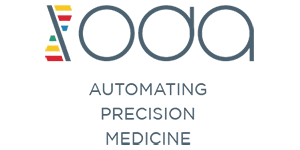
Challenges in Medical Data Collection
Data Privacy and Security
With increasing amounts of sensitive medical data being collected, ensuring compliance with regulations like HIPAA and GDPR is paramount.
Interoperability Issues
Integrating data from diverse sources remains a significant challenge, requiring standardization across platforms.
Data Quality and Bias
Ensuring high-quality data without biases is crucial to avoid inaccuracies in diagnosis or treatment recommendations.
Future Trends in Medical Data Collection
AI-Powered Predictive Analytics
AI-driven models will become more sophisticated, enabling precise predictions for patient outcomes and disease progression.
Personalized Healthcare
Tailored treatments based on individual data will become the norm, powered by advancements in genomics and data analysis.
Real-Time Monitoring
Wearables and IoMT devices will drive continuous, real-time monitoring, improving chronic disease management.
Conclusion
These companies represent the pinnacle of innovation in medical data collection, each offering unique solutions to address complex healthcare challenges. Whether it’s advanced analytics, wearable health tech, or genomic data, they’re collectively driving the healthcare sector into the future.
As technology evolves, the future of medical data collection promises even greater advancements, driving the healthcare industry toward a more connected, efficient, and patient-centric era.




